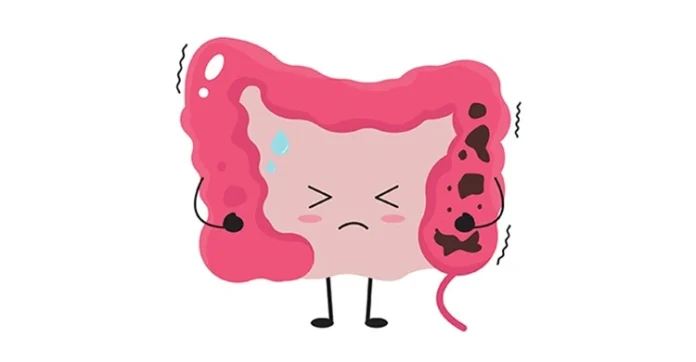Living in the hustle and bustle of today’s world, the often-overlooked ailment of constipation silently plagues a multitude of individuals. Ayurveda, the ancient holistic healing system, enriches our comprehension by intertwining the intricacies of constipation with the concept of ama – the accumulation of toxins in the body.
Vd. Shweta Labde, the visionary behind Charyā Ayurveda, recognizes the interplay of doshas, constipation, and ama. She generously imparts her wisdom to navigate this complex interplay, dispelling misconceptions, embracing dinacharya, and highlighting the profound impact of daily routines for a comprehensive journey to well-being. Through these ancient insights, a pathway emerges towards balance, vitality, and enduring health.
In this ‘Chat on Mat’ with Dr. Shweta Labde, founder of Charyā Ayurveda, we will explore constipation intricacies from an Ayurvedic perspective, delving into its correlation with chronic diseases. Additionally, we will uncover the timeless wisdom of dinacharya (daily routine) as a holistic solution.
Chat on The Mat With Dr. Shweta Labde
hellomyyoga: Can constipation adversely affect mental health, and vice versa? How does Ayurveda perceive the intricate connection between constipation and mental well-being?
Vd. Shweta Labde: Bowel movement is governed by Vata dosha, particularly Apana Vata. In cases of chronic constipation, there is a significant disruption in the movement of Apana Vata, leading to increased pressure in the upward direction.
This disturbance in gut physiology impacts the Prana and Udana Vayu, which are responsible for mental ability and stability. Consequently, symptoms such as chest discomfort, restlessness, palpitations, and anxiety may manifest. Additionally, this imbalance can give rise to issues like headaches, difficulty concentrating, disrupted sleep, irritability, and an inability to perform tasks with precision.
hellomyyoga: In today’s fast-paced world, we often misinterpret our bowel movements, resorting to laxatives or home remedies. What are your thoughts on the continuous consumption of these and how the body responds to them?
Vd. Shweta Labde: Identifying the cause of constipation is crucial before choosing an appropriate laxative. Not every laxative is suitable for everyone. Continuous use of unsuitable laxatives may exhaust the peristaltic movement in the gut and potentially damage the mucosal lining, exacerbating constipation.
hellomyyoga: Is the symptom of constipation solely passing hard stools? Can individuals experiencing diarrhoea or loose stools also be considered constipated? What factors guide us in identifying constipation?
Vd. Shweta Labde: Passing hard stools is just one symptom of constipation. The frequency of bowel movements, time required for defecation (passing stools), straining, abdominal discomfort, and incomplete emptying of the bowel—all these factors fall under the umbrella of constipation. Diarrhea or loose stools cannot be considered as constipation but rather a symptom of weakened digestive fire.
hellomyyoga: How does Ayurveda address the impact of a sedentary lifestyle on constipation, and what specific recommendations or remedies does Ayurveda propose to alleviate constipation arising from prolonged periods of inactivity?
Vd. Shweta Labde: A sedentary lifestyle and lack of activity increase Kapha, further encroaching on Agni and slowing down digestion, leading to Ama formation. It also hinders the peristaltic movement of the gut, ultimately affecting bowel movement. Regular exercise, practices like Abhyanga, Nabhi Puran, and adopting proper eating habits facilitate regular bowel movements.
Read More from ‘Chat On The Mat‘



